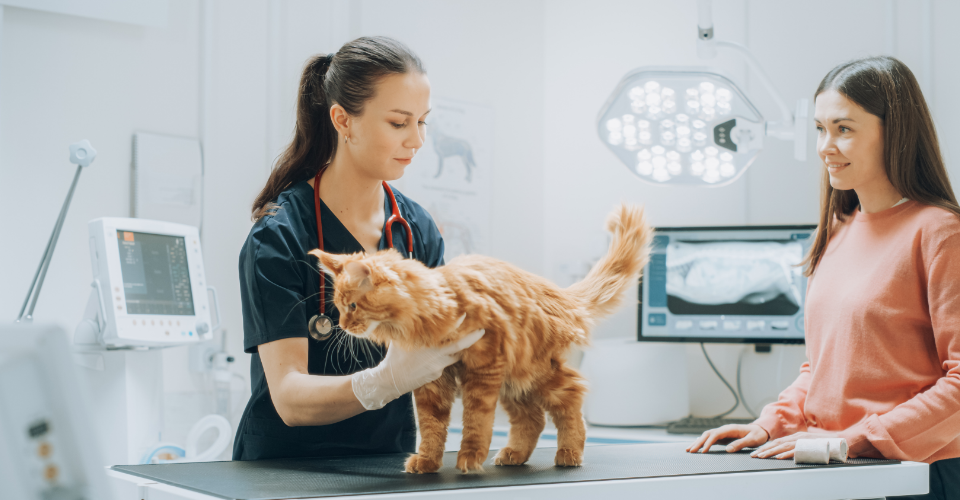Symptoms and Causes of Thyroid Disorders in Dogs and Cats
The thyroid gland plays a crucial role in regulating metabolism and overall bodily functions in animals. When issues arise with this gland, it can significantly impact a pet's health and quality of life.
Hypothyroidism
This occurs when the thyroid gland produces insufficient amounts of thyroid hormones. Dogs, especially medium to large breeds, are more prone to this condition. The most common cause is an autoimmune disorder called lymphocytic thyroiditis. This condition leads to the destruction of thyroid tissue, reducing hormone production. At the same time, some dogs are born with thyroid hormone deficiencies due to genetic factors.
Although rare in well-balanced pet diets, inadequate levels of iodine can contribute to hypothyroidism.
Treatment typically involves hormone replacement therapy using synthetic thyroid hormones prescribed by a vet. This medication aims to restore the deficient hormone levels and manage symptoms effectively.
Hyperthyroidism
More commonly found in cats, hyperthyroidism involves an overactive thyroid gland that produces excessive thyroid hormones. Benign tumours on the thyroid gland, known as adenomas, can cause this overproduction.
Exposure to certain chemicals or toxins in the environment may impact thyroid function in both dogs and cats.
Treatment options include medication, surgery, or radioactive iodine therapy. Medication can help control hormone levels, while surgery or radioactive iodine treatment might be recommended for more severe cases.
Genetic Predisposition
Certain breeds are more susceptible to thyroid disorders. For instance, breeds such as Golden Retrievers, Doberman Pinschers, and Boxers are more commonly affected by hypothyroidism, while hyperthyroidism is predominantly seen in older cats, especially those over ten years of age.
Recognising Symptoms
Identifying the signs of thyroid problems at an early stage is crucial for timely intervention. Some common symptoms include:
- Changes in Weight
Unexplained weight gain or loss.
- Coat and Skin Issues
Hair loss, thinning coat, or skin problems such as dryness or excessive greasiness.
- Altered Behaviour
Lethargy or hyperactivity, changes in appetite, increased thirst or urination.
- Digestive Problems
Vomiting, diarrhoea, or constipation.
Providing Care
Caring for a pet diagnosed with a thyroid disorder involves a holistic approach:
- Medication
Ensure that your pet receives prescribed medication consistently, as per the veterinarian's instructions.
- Dietary Management
Some pets may benefit from specific diets tailored to their condition. Consult the vet about appropriate nutrition.
- Regular Check-ups
Schedule regular check-ups to monitor hormone levels and overall health status.
Always consult a veterinarian for personalised guidance and treatment options tailored to your pet's specific needs and condition. If you commit to being proactive and attentive, you can ensure a happy life for your pet.



